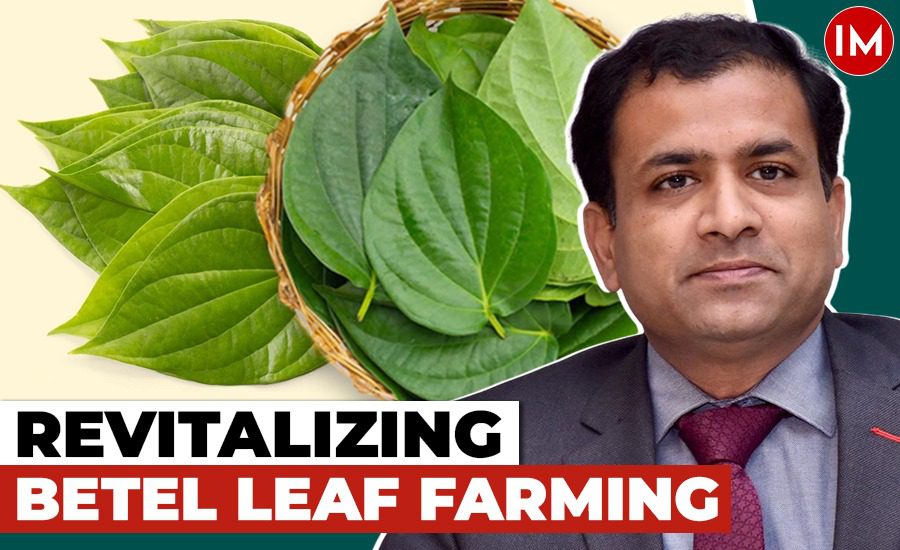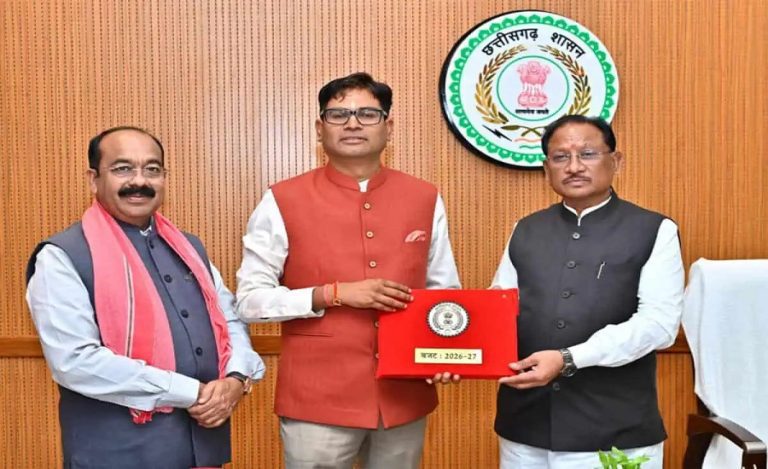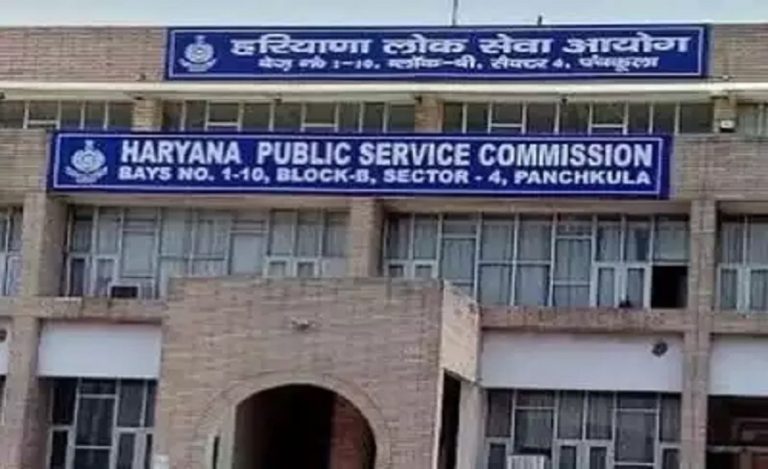Betel leaf farming, a centuries-old practice deeply embedded in the cultural and economic fabric of Bihar, is witnessing a resurgence thanks to a series of government initiatives. The Bihar government, recognizing the declining trend in betel vine cultivation, has implemented several measures to revitalize this sector. These efforts, aimed at preserving the cultural heritage associated with betel leaves and ensuring economic stability for farmers, are gradually transforming the state’s betel farming landscape.
In a conversation with Indian Masterminds, the Secretary of Agriculture, Bihar Government, Mr. Sanjay Kumar Agarwal talked about the challenges of betel leaf cultivation and how programs like Paan Vikash Yojana have helped. IAS officer of 2002 batch and Bihar cadre Mr. Agarwal has been working towards revival of Betel leaves.
The Cultural Significance of Betel Leaves
Betel leaves hold a significant place in Indian culture, particularly in states like Bihar. Known locally as “Paan,” these leaves are integral to rituals, ceremonies, and social functions. They symbolize respect and prosperity and are commonly offered to guests during auspicious occasions. Beyond their cultural value, betel leaves are prized in Ayurveda for their medicinal properties, which include aiding digestion, treating respiratory issues, and promoting overall health. Among the various types, the Magahi Paan from Bihar, which holds a Geographical Indication (GI) tag, is renowned for its unique qualities and is highly sought after, both, domestically and internationally.

Challenges in Betel Leaf Cultivation
Despite their cultural and economic importance, betel leaf farmers in Bihar face numerous challenges. One of the primary issues is the adverse climatic conditions, particularly excessive heat and drought, which adversely affect the delicate betel vines. Traditional farming techniques are often insufficient to cope with these challenges, leading to reduced yields and financial instability for farmers.
“To mitigate the effects of excessive heat and drought on betel cultivation, we are promoting the ‘bareja system,’ which creates ideal conditions through artificial means. A bareja typically uses a bamboo framework covered with a thatched roof or layers of leaves to provide partial shade and includes vertical supports for the vines to climb. This design helps maintain a humid and cool microclimate essential for healthy betel vine growth,” said Mr. Agarwal.
Another significant problem is the lack of modern infrastructure and storage facilities. Betel leaves are highly perishable, and without proper storage, a substantial portion of the harvest is lost post-harvest. Additionally, labor shortages and insufficient market information further exacerbate the difficulties faced by betel leaf farmers. These issues collectively contribute to the declining number of farmers willing to cultivate betel vines.
Government Initiatives and Schemes
In response to these challenges, the Bihar government has launched the “Paan Vikash Yojana,” a dedicated scheme aimed at providing financial incentives for the expansion of betel vine cultivation. Under this scheme, farmers receive financial support ranging from Rs. 11,750 to Rs. 35,250 for the construction of “barejas,” which are essential structures for betel vine farming.

To further support farmers, the government is promoting the use of shade nets with fogger facilities. This modern technique allows for controlled environment production, better irrigation management, and improved pest and disease control. Training programs and awareness campaigns are also being conducted to educate farmers about the economic benefits of betel vine cultivation and modern farming techniques.
Collaboration with Agricultural Institutions
The Bihar government is collaborating with agricultural universities and research institutions, such as the Betel Vine Research Centre in Islampur, Nalanda, to introduce modern farming techniques and improve yields. These institutions are working on developing temperature-controlled storage models suitable for betel leaves, which will help reduce post-harvest losses. Additionally, efforts are being made to strengthen the supply chain and logistics to ensure that betel leaves reach markets in optimal condition.
Market Access and Financial Support
To address the issue of market access, the Department of Agriculture, Bihar, is enhancing agri-market yards across the state. These dedicated spaces for betel vine marketing, along with the development of digital platforms and mobile applications, provide farmers with real-time market information, enabling them to make informed decisions about pricing and sales. Farmer producer organizations (FPOs) are also being encouraged to enhance bargaining power and market access.
Financial support for micro-irrigation and borewell facilities is being extended to betel vine farmers to facilitate cultivation. The government is also exploring the possibility of extending the Kisan Credit Card (KCC) scheme to betel vine farmers, providing them with easy access to credit for their farming needs.
Exploring Alternative Uses and Value-Added Products
Recognizing the medicinal and health benefits of betel leaves, the government and private sector are exploring alternative uses in pharmaceuticals, cosmetics, and culinary products, including betel vine tea. By promoting the various health benefits of betel leaves, the government aims to increase their consumption and market potential. Technical institutions are being instructed to disseminate knowledge about value-added products from betel leaves to farmers, helping them expand their market reach.
Future Directions and Farmer Empowerment
To further support betel vine farmers, the Bihar government is planning to conduct a dedicated survey to assess the existing cultivation scenario. The results will help in planning a more robust future course of action. Exposure visits for farmers to other states leading in betel vine production are also being planned. These visits will enable farmers to learn from best practices, post-harvest management techniques, and advanced cultivation methods.

Regular workshops and training sessions are being conducted to enhance farmers’ skills and knowledge. These sessions also provide a platform for farmers to share the challenges they face and brainstorm potential solutions with experts.

































